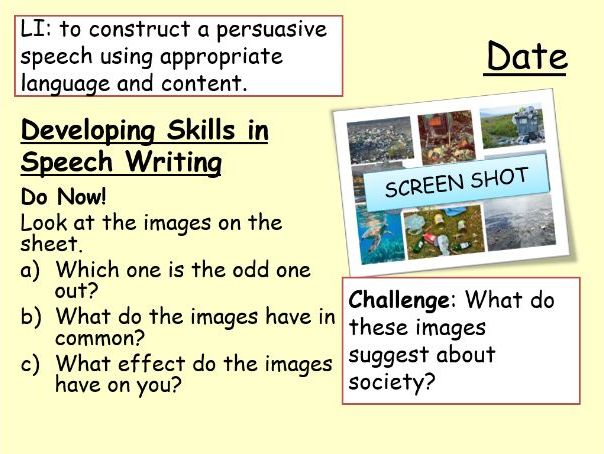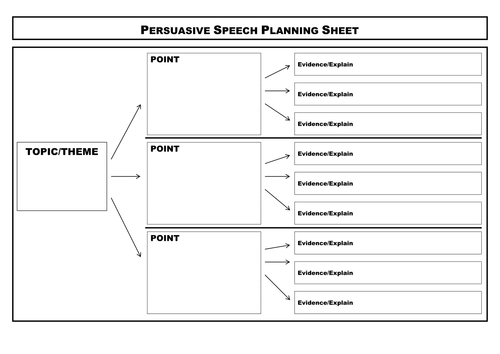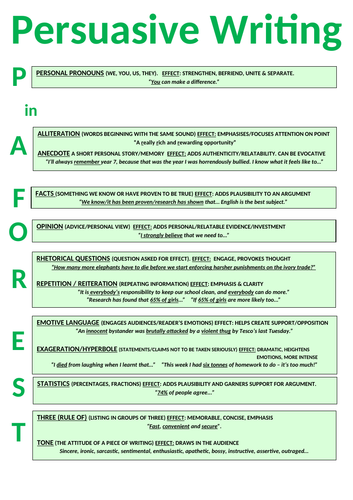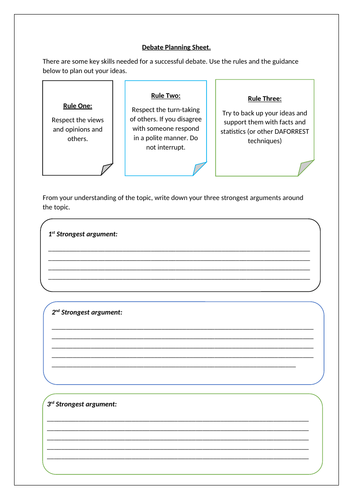Speaking and listening lessons, activities and supporting tools for exploring debating and speeches
Improving speaking and listening skills, building self-esteem, learning to write persuasively and deliver arguments convincingly are essential life skills. So, why not get started? We’ve picked out a few of our favourite resources shared by teachers in the Tes community to help you do exactly that.



















